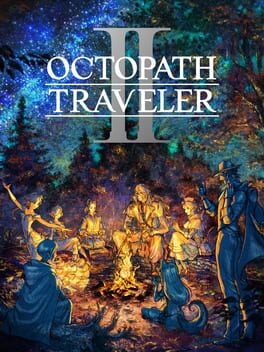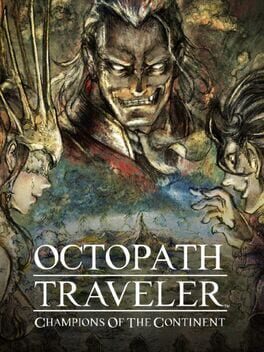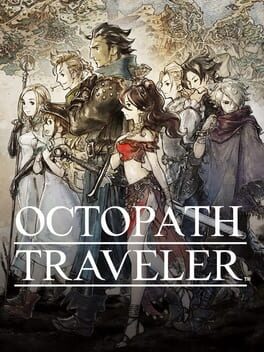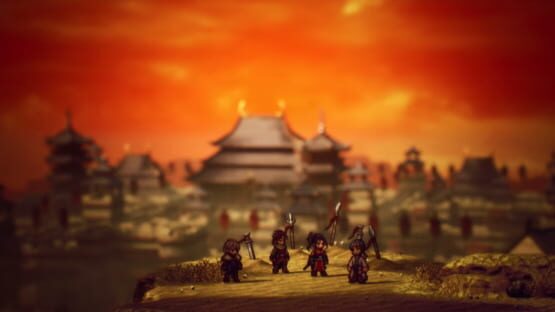
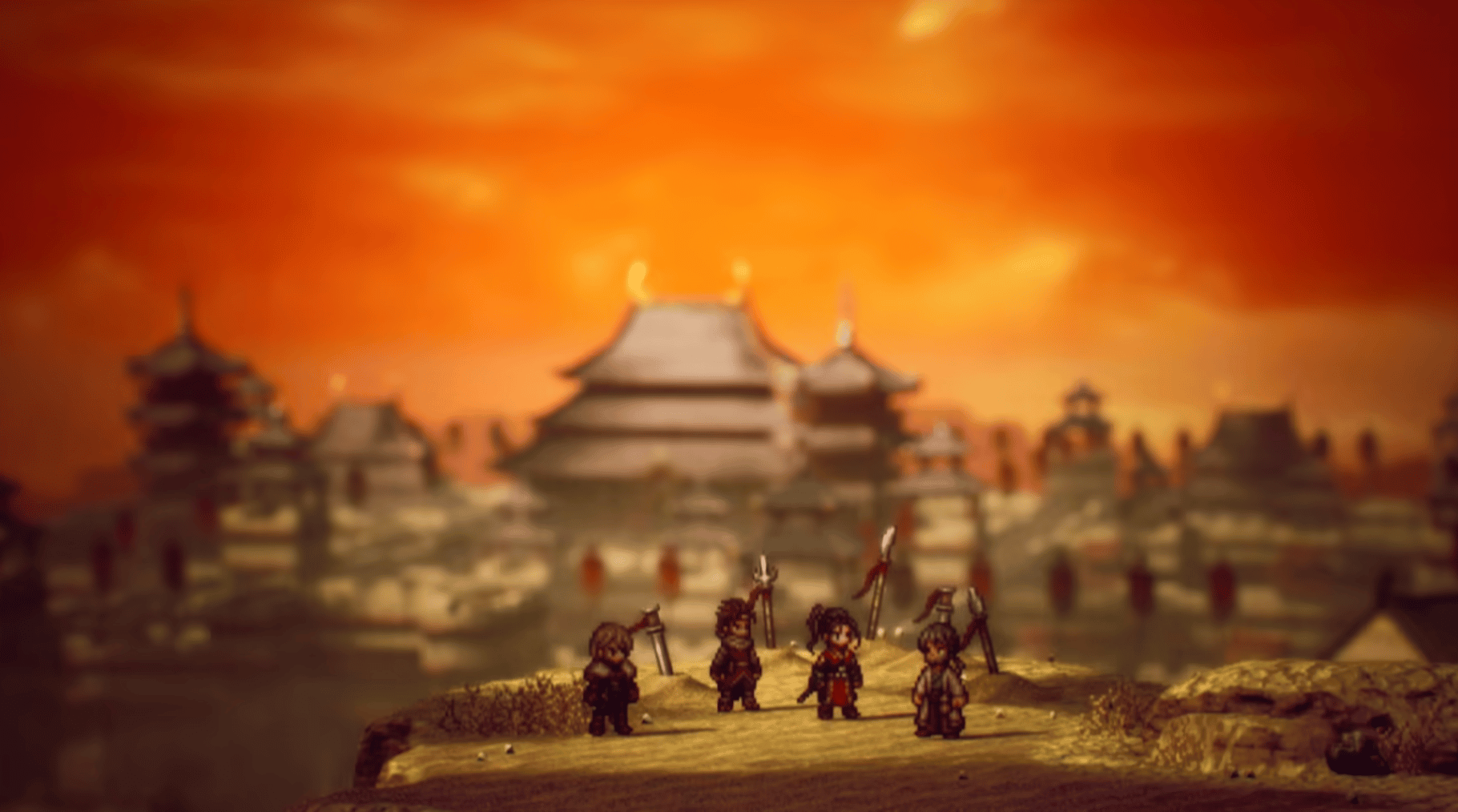
This game is a brand-new entry in the Octopath Traveler series. It takes the series’ HD-2D graphics, a fusion of retro pixel art and 3DCG, to even greater heights. In the world of Solistia, eight new travelers venture forth into an exciting new era. Where will you go? What will you do? Whose tale will you bring to life? Every path is yours to take. Embark on an adventure all your own.
Also in series
Released on
Genres
Reviews View More
Realmente não gostei , o sistema dele de ter que jogar com vários personagens e não um único e ir ''recrutando'' eles pelo caminho não me agradou tanto e somado com as batalhas aleatória que cada 5 passos tem uma , ainda mais nos dias de hoje , e sem recursos como velocidade 5x pelo menos pra suportar essa chatice , estou fora .
Os gráficos pixelados 2d são lindos e a musica é muito boa , a gameplay também , o sistema de quebrar a defesa do inimigo é bem executada , mas mesmo com esses pontos positivos não gostei.
Os gráficos pixelados 2d são lindos e a musica é muito boa , a gameplay também , o sistema de quebrar a defesa do inimigo é bem executada , mas mesmo com esses pontos positivos não gostei.
When I first played Octopath 1 all those years ago I was entranced by the world, the artstyle, the music, the combat, the vignettes, just everything. In the years that followed I became more sour on the game with its lacking environmental variety, slow combat, random encounters, and lacking writing to the point where I wasn't even sure if I was going to like the Octopath 2. I was so wrong.
Octopath 2 somehow captured lightning in a bottle again when it came out. It felt like the devs took a list of every criticism the game received and earnestly tried to improve upon them and the aspects of the game that were already good like the music and combat system.
The environments are all indistinguishable? Now practically every dungeon, city, and region has its own feel.
The vignettes are all boring and lifeless? Now they are at least interesting enough to keep you going and some of them are genuinely great.
The ending is non-existent and requires you do look up what npc to talk to in order to fight some big boss? Now there's a proper epilogue where the final boss is one of the most hype fights in gaming history.
tl;dr this game is the like the first one with less bad and a whole lot more good
Octopath 2 somehow captured lightning in a bottle again when it came out. It felt like the devs took a list of every criticism the game received and earnestly tried to improve upon them and the aspects of the game that were already good like the music and combat system.
The environments are all indistinguishable? Now practically every dungeon, city, and region has its own feel.
The vignettes are all boring and lifeless? Now they are at least interesting enough to keep you going and some of them are genuinely great.
The ending is non-existent and requires you do look up what npc to talk to in order to fight some big boss? Now there's a proper epilogue where the final boss is one of the most hype fights in gaming history.
tl;dr this game is the like the first one with less bad and a whole lot more good
